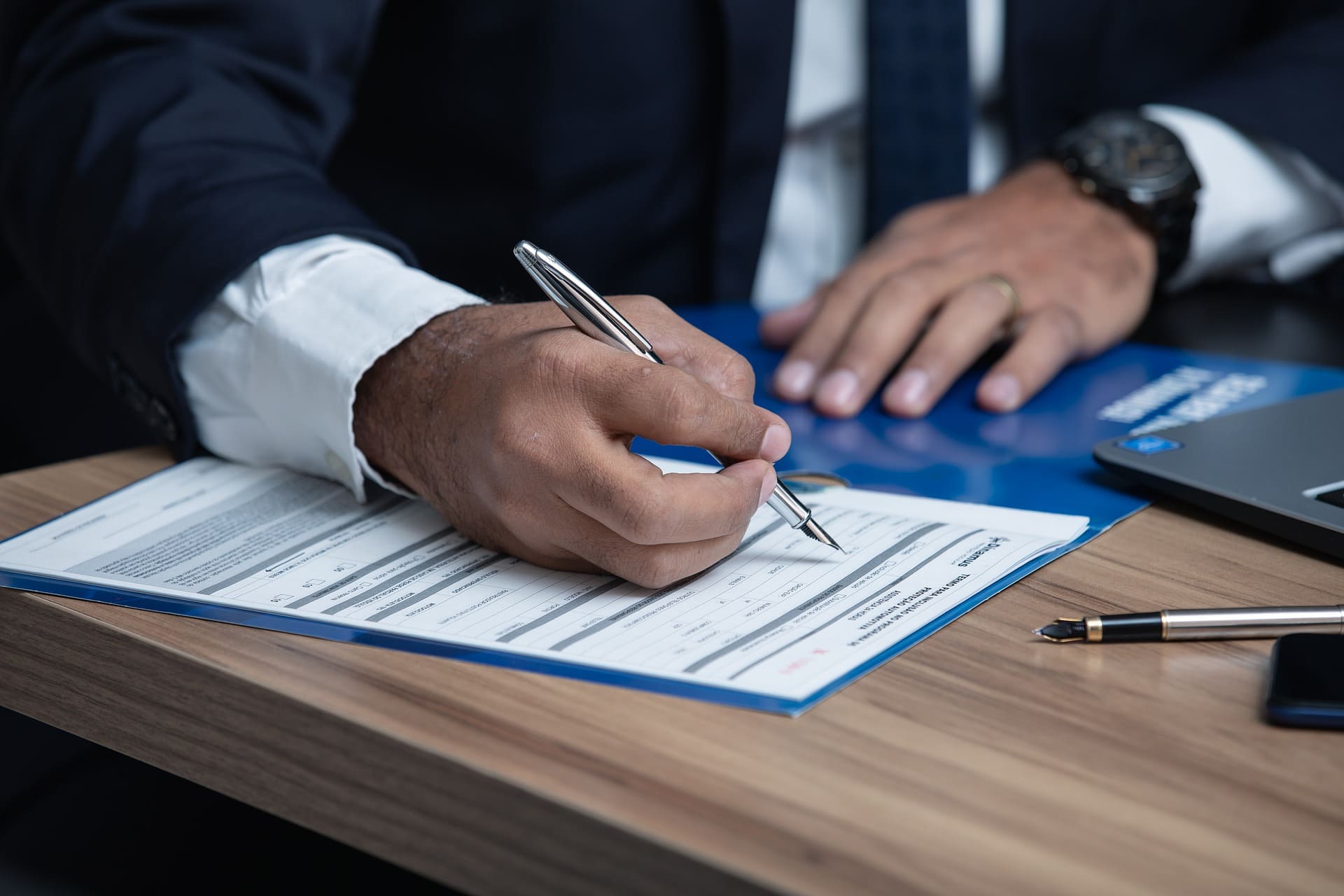It’s likely most people have all heard of selective deafness. Our wives, husbands, partners etc seem to be experts in the field, especially when football or the soaps are on TV! But have you ever considered that it may in fact be a case of industrial deafness rather than selective deafness?
Say, for example, that your husband constantly mishears or ignores what you have said to him. While you may believe it is a case of selective deafness, consider whether your husband has ever worked in a noisy environment, consider if your husband could be suffering from industrial deafness. The sufferer often does not realise that anything is wrong.
It is often a wife, partner or other family member or perhaps a friend that notices a hearing deficit. Industrial deafness does not mean complete deafness; it covers partial and sometimes relatively minor hearing deficiencies.
If you ever worked in a noisy environment during your career, you may have an element of deafness that was caused by the noise that you were exposed to. You may be entitled to recover compensation if this is the case. While industrial deafness claims are not as straightforward as general personal injury claims, it is worth investigating.
In terms of the claims process, a claim would have to be brought against each and every employer that exposed you to excessive levels of noise. There are other obstacles as exposure to noise before 1963 is classed as non-negligent exposure, meaning that you cannot recover compensation for noise exposure where the exposure occurred before 1963.
If part of your exposure occurred before 1963 and part of your exposure occurred after 1963 then you may still be able to make a claim. In this situation you would have to take a percentage discount in terms of the non-negligent exposure. This means that if your hearing loss claim was worth £4,000 and the pre-1963 exposure amounted to 25% of your total exposure, your claim would be worth 75% of £4,000 which is of course £3,000.
It can become quite complicated but it is nothing that you as a Claimant has to sort out.
Upon receipt of medical evidence from an Ear Nose and Throat (ENT) Surgeon, your Solicitor will be able to value your claim, roughly, using past cases and guidelines. Your Solicitor can also work out all the percentages (known as apportionment). Another obstacle with these claims is that many of your former employers may no longer be trading and may no longer exist.
This is more of a concern if you were exposed to noise by a relatively small company. Even if a company is dissolved or no longer in existence, you may still be able to recover compensation from the insurance company who insured the company at the time of your exposure period.
To ascertain the insurers, here at The Injury Lawyers, we can carry out a search with the Association of British Insurers, this is known as an ABI search. Not all ABI searches are successful but it can be the lead you need to find the insurers and ultimately recover compensation.
To ascertain whether you are suffering from industrial deafness, you would have to be medically examined by an ENT Surgeon. You would have a hearing test and the test result would be plotted onto a graph known as an audiogram. The shape of the audiogram is key in the diagnosis of noise induced hearing loss. The ENT expert will be able to give an opinion as to whether or not you are suffering from industrial deafness and if so, the nature and extent of the deafness. It may be the case that you also suffer from noise related tinnitus (this is a ringing, buzzing or whistling sound in the ears).
If you think that you (or your husband or partner) may be suffering from industrial deafness then it is important that you seek legal advice as soon as possible. If you are interested in making a claim the law imposes certain time limits.
Due to the technical nature of industrial deafness claims, if you think that you may be able to make a claim, it is important that you seek legal advice as soon as possible. Here at The Injury Lawyers we deal solely with personal injury claims and this is why we are specialists in the field.
Do not hesitate to contact us today by calling 0800 634 7575 free from a landline or mobile.












